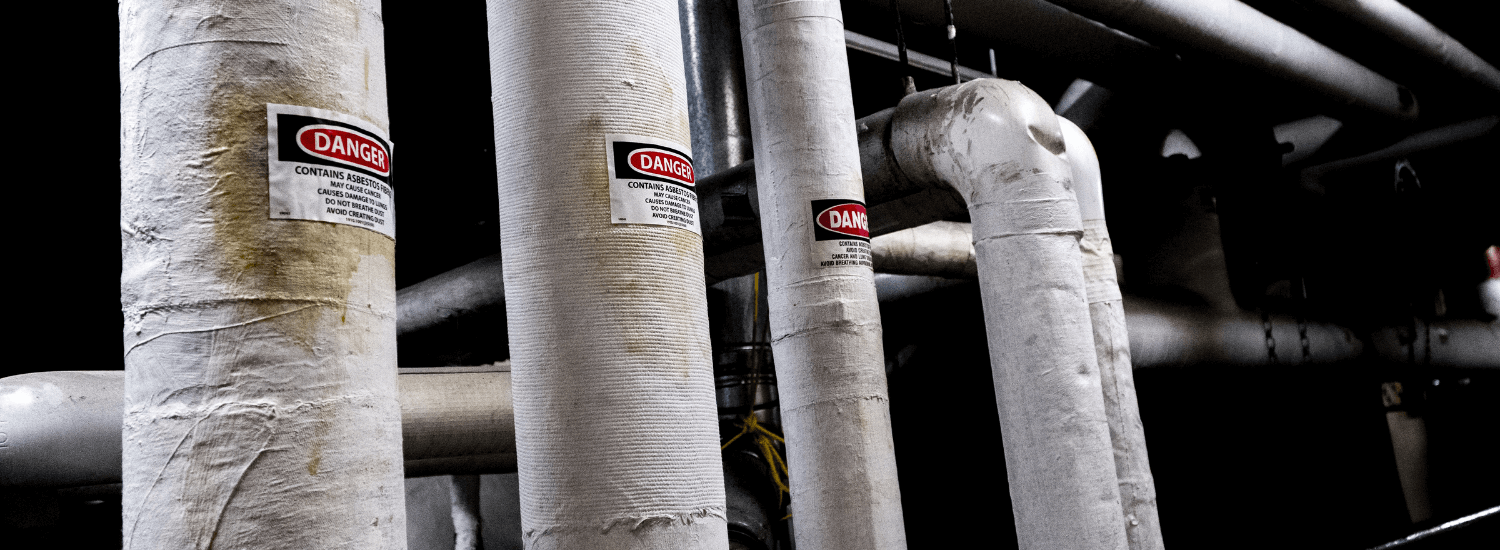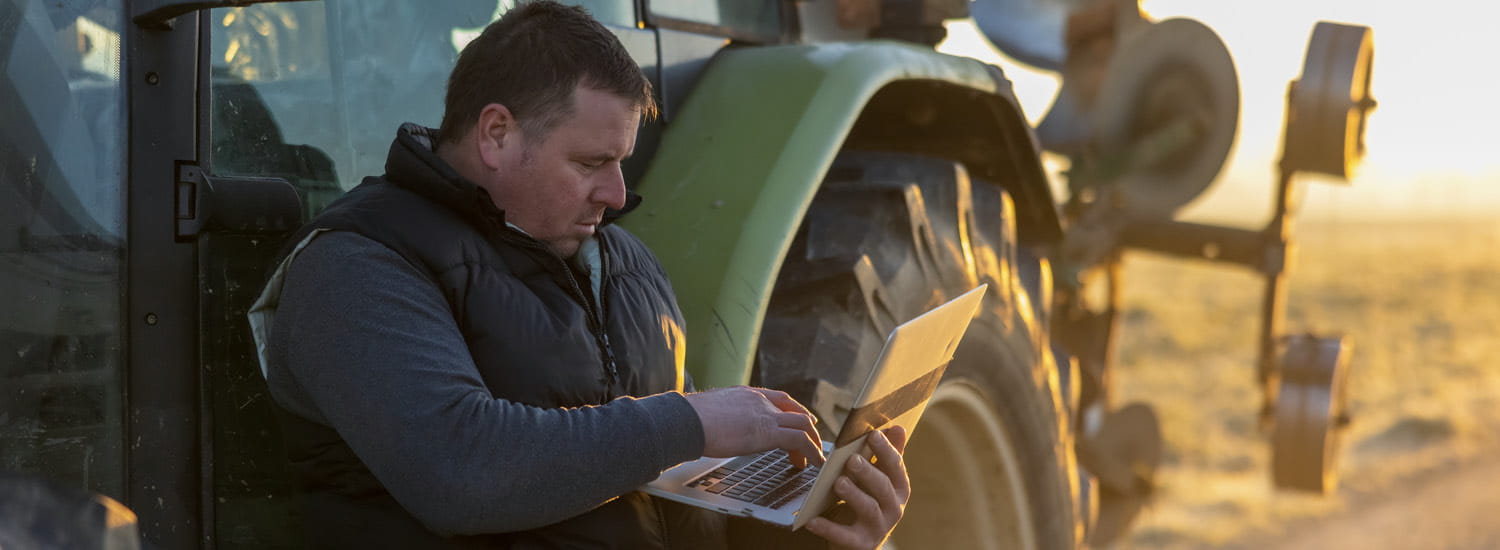Business insurance – understanding some risks your business could face
- Businesses are exposed to many risks, which can be easily overlooked
- As a business owner, it’s important to understand the risks you face and the financial impact they may have
- Business insurance can help to protect you and your business
When running your own business, it’s natural to be laser-focused on sales or credit control – after all, they’re vital to day-to-day operations.
But when you’re so focused on the detail, it may be easy to overlook the less visible risks your business faces – such as fire, flood, machinery breaking, an unhappy client taking legal action, or a customer suffering an injury on your premises.
Identifying and assessing those less-visible risks is a crucial aspect of business management – because if those risks aren’t properly managed, they could affect not only your bottom line, but in some cases, the survival of your business.
Business insurance is designed to help business owners manage risk, but it can become complex – especially for owners of small-to-medium enterprises (SMEs) – to evaluate the risks they face.
So how do you ensure your business is correctly covered? First things first, you need to identify the risks.

Identifying the risks your business faces
It’s possible to evaluate your risks by understanding what’s crucial to run your business. For example, it may be fundamental that your machinery or equipment runs smoothly, that your customers can reach you, or that your online systems are fully functional and secure.
It may also be important to consider all the factors that could potentially affect the critical activity of your business, such as a power failure or the business interruption costs if equipment breaks down and you’re forced to close your doors until it’s fixed or replaced.
Here are some common risks faced by businesses to consider.
Equipment breakdown
Consider the costs for a café or restaurant owner if their fridges or cool rooms break down, or if they suffer from a power failure. Not only might they have to close the business until the fridges are working, but they may also have to throw out all perishable food items and replace the wasted produce.
Natural disasters and catastrophes
Australia is no stranger to natural disasters, and how prepared you are for these types of events is important. How would your business cope, for example, if you couldn’t reach your premises and stock for a number of weeks or months, or if suppliers or customers couldn’t get to you?
Liability claims
Protecting your business against potential lawsuits is incredibly important. Here are three examples of liability cover to consider:
- Public liability insurance: This can cover you if a third party is injured or their property is damaged due to your negligence – for example, a customer slipping on a wet floor because you failed to post a warning sign.
- Product liability insurance: This can help protect you if the goods you sell or distribute cause injury, death or property damage.
- Professional liability insurance: If you’re a professional services provider, this could offer cover if you face claims of negligence, error or omission when you’ve provided a service or advice.
Damage and theft from business premises
Whatever the size of your business, protecting your people and property will be high on your list of priorities. Some options include alarm systems, CCTV cameras and nightly patrols by private security guards – and you can insure your property and goods.

Health and wellbeing of staff
Whether your people are sitting behind a desk for long periods of time or on a construction site, they may be at risk of injury.
While Workers Compensation insurance is compulsory for most employers, it’s wise to be proactive about lowering their risk. For example:
- Encourage desk-bound workers to maintain a healthy posture to avoid injury and strain.
- Ensure machine operators are fully trained for their roles.
- Check your workplace health and safety (WHS) procedures are up to scratch – if they’re not, consider WHS training.
Cyber attacks
Every business is a potential target for cybercriminals, and it’s essential to minimise the risk of your systems being hacked and your business being held to ransom. Cyber training is essential, as human error is one of the main ways cybercriminals gain access.
Understanding your business insurance risk appetite
Evaluating the risks your business faces may help you attribute a dollar value to them, to better understand the potential financial impact should something go wrong.
It’s only after the process of evaluating your risks that you can make informed choices on the type and level of insurance coverage you’ll need for your business.
Talk to a business insurance expert
As business insurance and risk experts, insurance brokers can help you both identify and understand the risks you face, and then find the policies that best meet your business’ needs.
How do insurance brokers work?
Insurance brokers can be described as licensed individuals or firms that serve as intermediaries between insurers and business owners to advise on risk and negotiate insurance policy contracts. Brokers are often viewed as professional trusted advisers and can offer strategic risk management for business.
How do you find a good insurance broker?
If you don’t have a reliable personal recommendation, the National Insurance Brokers Association (NIBA)* can help you find an accredited broker. When you’re choosing a broker, it’s wise to check their credentials and determine whether they’ll be a good fit for you.
QBE business insurance
Alternatively, QBE’s Small Business Pack is available direct to a range of small-to-medium businesses, including trades, hospitality, retail and professional services. If you know what you need and are ready to buy, you can apply for the Small Business Pack online.









